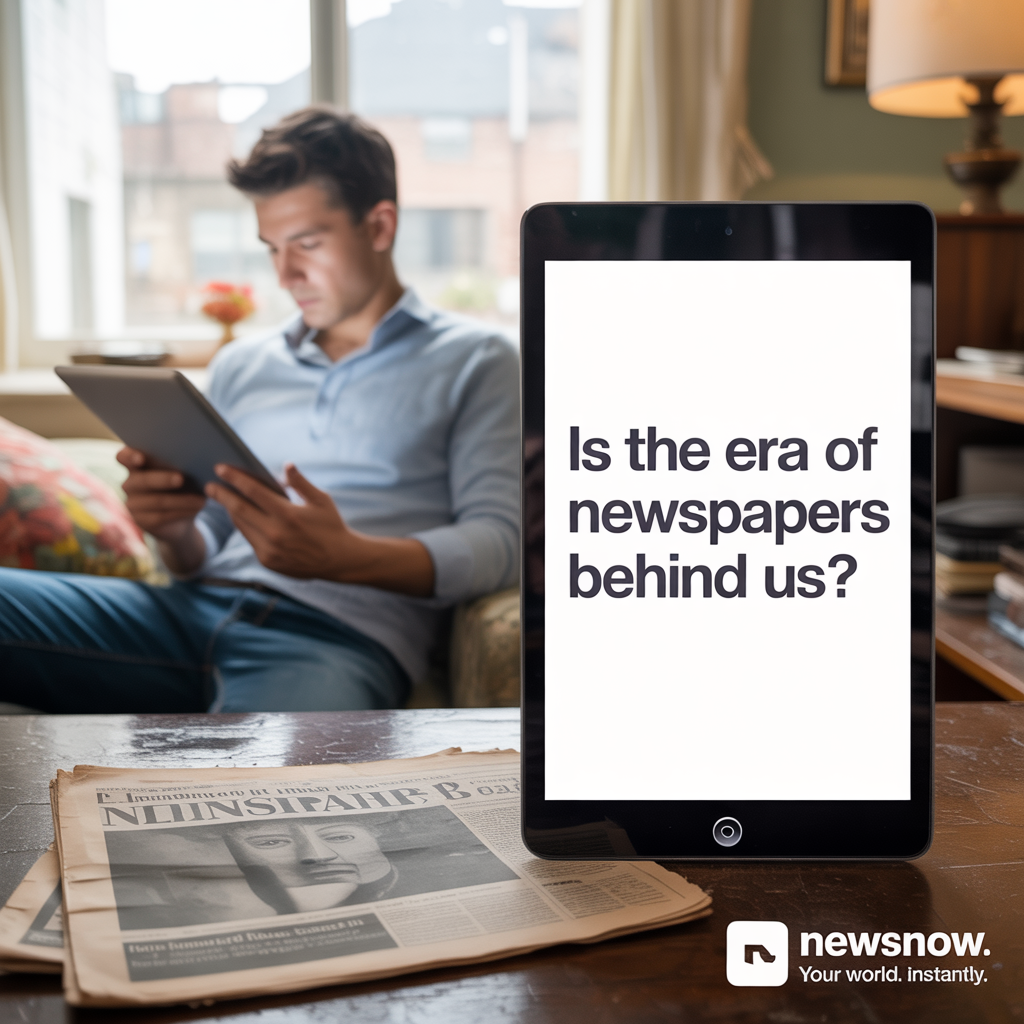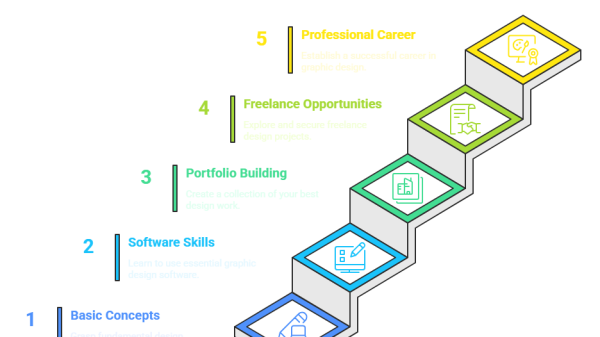Introduction
Shaping News Consumption in Bangladesh: Social media has completely transformed how people in Bangladesh consume news today. With the rapid growth of internet connectivity and smartphone usage, platforms like Facebook, YouTube, and Twitter have become primary sources of information for millions of Bangladeshis. This digital revolution is changing not just how news is consumed, but also how it’s created, shared, and discussed across the country.
The Rise of Social Media in Bangladesh
Social media usage in Bangladesh has surged dramatically over the last ten years. With over 50 million active Facebook users and millions more on other platforms, Bangladesh has become one of the most connected countries in South Asia. This massive user base has created a new landscape for news consumption.
The increase in affordable smartphones and cheaper internet packages has made social media accessible to people from all economic backgrounds. From urban professionals to rural farmers, everyone now has access to real-time information through their mobile devices.
Young people, in particular, have embraced social media as their primary news source. University students and working professionals often check Facebook and Twitter before reading traditional newspapers or watching television news.
Revolutionary Changes in News Consumption
Speed and Accessibility
Social media has revolutionized the way we consume news, making access faster and more convenient than ever before. Breaking news now reaches people within minutes of happening. Whether it’s a political development, natural disaster, or sports result, information spreads rapidly across social networks.
People no longer need to wait for the evening news or the next day’s newspaper. They can access information 24/7 from anywhere with an internet connection.
Democratization of News Sharing
One of the most significant changes is that ordinary citizens have become news contributors. People can now share eyewitness accounts, photos, and videos of events as they happen. During recent floods, political protests, or cultural events, citizen journalists have provided valuable real-time coverage.
This democratization has given voice to communities that were previously underrepresented in traditional media. Rural areas, minority communities, and marginalized groups can now share their stories directly with wider audiences.
Interactive News Experience
Social media has made news consumption more interactive and engaging. People can immediately comment, share, and discuss news stories. This creates a more participatory experience compared to traditional one-way media consumption.
Live streaming features on Facebook and YouTube have enabled real-time coverage of events, allowing people to witness important moments as they unfold.
Personalized News Feeds
Social media algorithms customize news feeds based on user preferences and behavior. This means people see more content related to their interests, location, and social connections. While this can enhance user experience, it also creates echo chambers where people primarily see information that confirms their existing beliefs.
Challenges and Concerns
Misinformation and Fake News
The rapid spread of information on social media has also accelerated the circulation of false or misleading news. Fake news stories often go viral before fact-checkers can verify their accuracy. This has led to confusion, panic, and sometimes even violence in certain situations.
Religious and political misinformation has been particularly problematic, sometimes creating communal tensions or influencing public opinion based on false premises.
Lack of Editorial Oversight
Unlike traditional media, social media content often lacks professional editorial oversight. This means unverified information can spread without proper fact-checking or source verification.
Many people struggle to distinguish between reliable news sources and unreliable ones when consuming information through social media feeds.
Privacy and Security Risks
Social media platforms gather extensive personal data, which has sparked significant concerns regarding user privacy and data security. Users often unknowingly share sensitive information that can be misused by malicious actors.
The risk of identity theft, financial fraud, and personal safety threats has increased with the proliferation of social media usage.
Impact on Traditional Media
Traditional media outlets in Bangladesh have had to adapt to the social media revolution. Newspapers, television channels, and radio stations now maintain active social media presence to reach younger audiences and stay relevant.
Many traditional media organizations have hired social media managers and digital content creators to engage with online audiences effectively. They’ve also started producing shorter, more shareable content formats suitable for social media consumption.
However, this transition has also posed financial difficulties for traditional media, with advertising revenue increasingly flowing to digital platforms.
Guidelines for Responsible News Consumption
Verify Sources
Always check if news comes from verified, official pages or recognized media outlets. Look for blue checkmarks and official verification badges on social media accounts.
Cross-Check Information
Don’t rely on a single source for important news. Verify information by checking multiple reliable sources before accepting it as true.
Think Before Sharing
Pause and consider the accuracy and potential impact of news before sharing it with others. Spreading false information can have serious consequences.
Be Aware of Bias
It’s important to understand that every news source carries some degree of bias. Try to consume news from diverse sources to get a more complete picture of events.
Building Your Online Presence
For those interested in contributing to the digital news landscape, starting your own blog or news website can be a powerful way to share information and perspectives. Reliable web hosting is essential for maintaining a professional online presence.
In Bangladesh, UmmahHostBD offers affordable and dependable hosting solutions with excellent local support. Their services help content creators establish credible online platforms that can compete in today’s digital environment. Learn More
Conclusion
Social media has fundamentally transformed news consumption in Bangladesh, bringing both opportunities and challenges. While it has democratized information sharing and made news more accessible, it has also created new risks related to misinformation and privacy.
The key to navigating this new landscape is developing digital literacy skills and maintaining critical thinking when consuming news through social media. As Bangladesh continues to embrace digital transformation, responsible news consumption will be crucial for maintaining an informed and engaged citizenry.
The future of news in Bangladesh will likely be increasingly digital, making it essential for both consumers and creators to adapt to these changing dynamics while maintaining high standards of accuracy and integrity.










